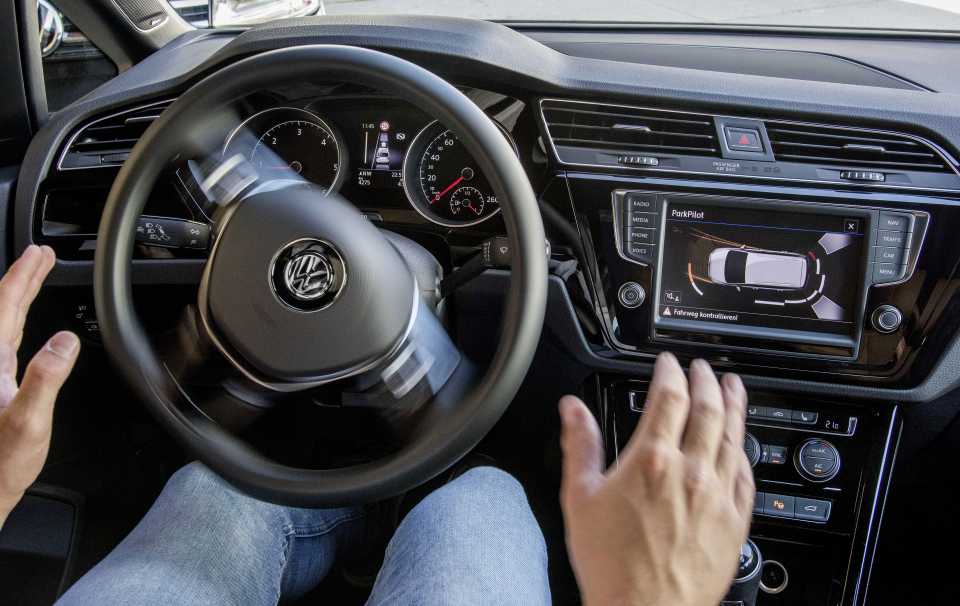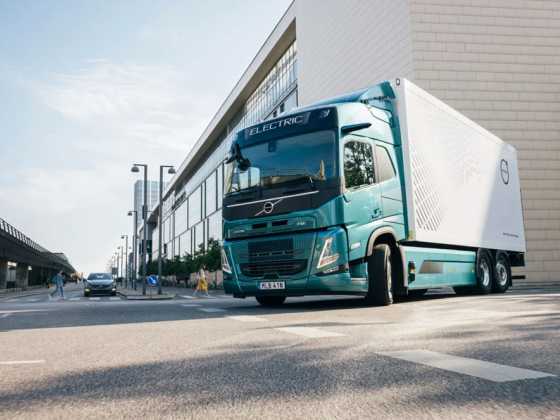Skills shortage could hamper UK autonomous car goals

The UK’s autonomous and connected vehicle ambitions could be thwarted by a potential shortage of skilled workers, according to a new report published by the Centre for Economics and Business Research (Cebr) and StreetDrone, an Oxford-based start-up developing open and accessible self-driving technology.
Testing of driverless vehicles is already underway on British roads and Chancellor Philip Hammond has pledged that fully driverless cars without a safety attendant on board will be in use by 20211. This is expected to kick start a transition to driverless cars, with the sector predicted to be worth £28bn to the UK economy by 2035.
The number of jobs in autonomous vehicle roles is predicted to grow by 9.6% annually from 2020. But the analysis shows the number of enrolments onto relevant UK degree courses is growing by just 2% annually, and apprenticeships by 3.9%. This suggests that at the current rate of growth, there will not be enough young people emerging from university and apprenticeship courses to meet the rising demand for skills in technical fields such as autonomous vehicles in the future.
Furthermore, at present, there are only three undergraduate degrees specifically designed for the industry, all offered by the University of Salford.
The analysis reveals that the switch to driverless cars will create 37,300 jobs in the UK by 2035, including almost 10,000 net new positions. These new roles would be in the direct production of driverless vehicles. The report also identifies a large potential for wider job creation associated with improvements to worker productivity facilitated by self-driving cars, as well as modifications to existing infrastructure to accommodate these new types of vehicle.
The report identifies a selection of job types set to be in demand as the CAV sector grows in size. A range of highly-paid technical jobs, such as programmers, software developers and IT professionals are likely to account for a large share of the jobs associated with the design and production of the CAV autonomy package. However, there is also scope for considerable employment in skilled manual professions, for instance in the assembly of the various cameras and sensors that are crucial to the operation of CAVs.
The report also reveals the huge economic opportunities for young people in this sector. Future jobs in the autonomous vehicle industry are set to pay higher than the UK average salary – the median annual earnings of programmers and software developers is currently £40,346, compared to the UK average of £23,474.
An analysis of the current gender split in occupations identified as integral to the CAV sector also finds that female participation rates are below 20% in the bulk of these professions. This highlights that measures need to be taken to encourage women to enter these professions if the economic benefits of the CAV sector are be spread more evenly across the workforce.



